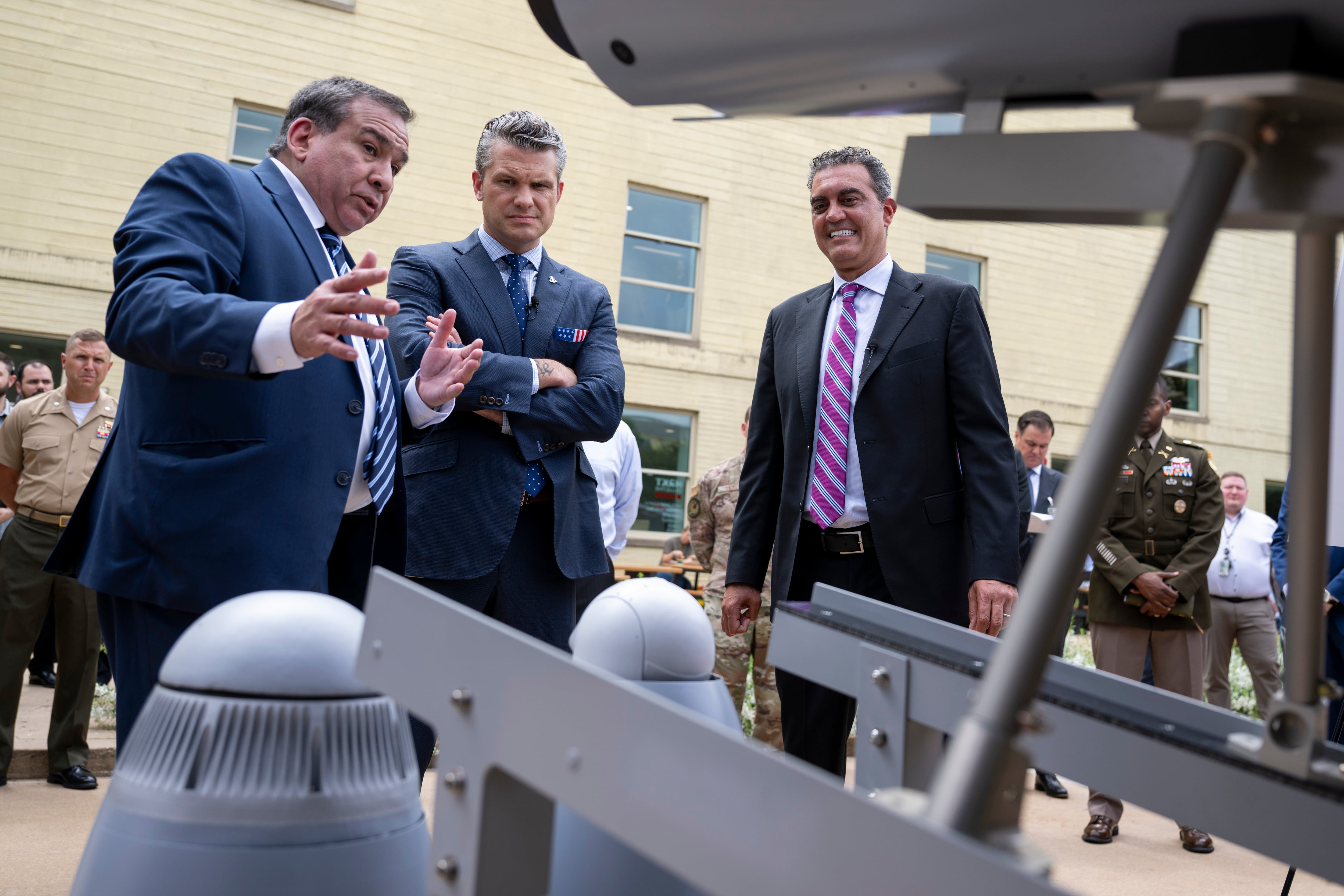The Navy’s littoral combat ship fleet could see a new permanent mission as part of the fiscal 2023 defense bill that President Biden signed into law Friday.
According to an explanatory statement accompanying the bill, Congress is tasking U.S. Southern Command with studying the feasibility of permanently assigning four to six LCSs to the combatant command.
To date, LCSs have been assigned to SOUTHCOM and its Navy component, U.S. 4th Fleet, under the Defense Department’s Global Force Management process, which allocates ships to different combatant commands worldwide.
But the study will explore whether SOUTHCOM should get its own fleet of LCSs for the first time.
Such ships are regularly deployed to SOUTHCOM to conduct drug interdiction missions in the Caribbean Sea and eastern Pacific Ocean, while also working with partner nations.
The bill directs SOUTHCOM to provide a report to the congressional defense committees by April 1 on the potential benefits of assigning LCSs to the combatant command.
That report will include a description of the missions LCSs would conduct under SOUTHCOM to further the National Defense Strategy, how accomplishment of those missions would improve with the permanent assignment of LCSs to the command, a “notional concept of operations” for those LCSs, as well as any command and control considerations.
The report will also include a recommendation from SOUTHCOM’s leader, Army Gen. Laura Richardson, regarding whether LCSs should be assigned to the combatant command.
SOUTHCOM’s area of responsibility includes the Latin American landmass south of Mexico, waters adjacent to Central and South America and the Caribbean.
If approved, permanently providing SOUTHCOM with some of its own LCSs could provide a future for the oft-troubled ship class.
The ships were billed as agile, efficient vessels that could take on all sorts of missions in a world where the United States was the lone superpower setting the global table.
But the much-hyped LCS mission modules never materialized, and concerns have emerged about the ships’ survivability in a conventional war with China or Russia.
Navy leaders have highlighted the ships’ utility when it comes to drug busts in SOUTHCOM waters or presence patrols in the western Pacific waters of U.S. Indo-Pacific Command.
Congress has also halted Navy plans to retire several of the ships early to save money.
Permanently assigning LCSs to SOUTHCOM could be a reasonable move, “given that the 4th Fleet mission is unlikely to disappear and nobody else is agitating for LCS,” Bradley Martin, a retired surface warfare officer and current director of the Rand National Security Supply Chain Institute, told Navy Times in an email.
“This kind of mission exclusively isn’t what LCS was originally intended to do, but this mission seems like a reasonable way to use what’s available,” Martin said.
Geoff is the managing editor of Military Times, but he still loves writing stories. He covered Iraq and Afghanistan extensively and was a reporter at the Chicago Tribune. He welcomes any and all kinds of tips at geoffz@militarytimes.com.








